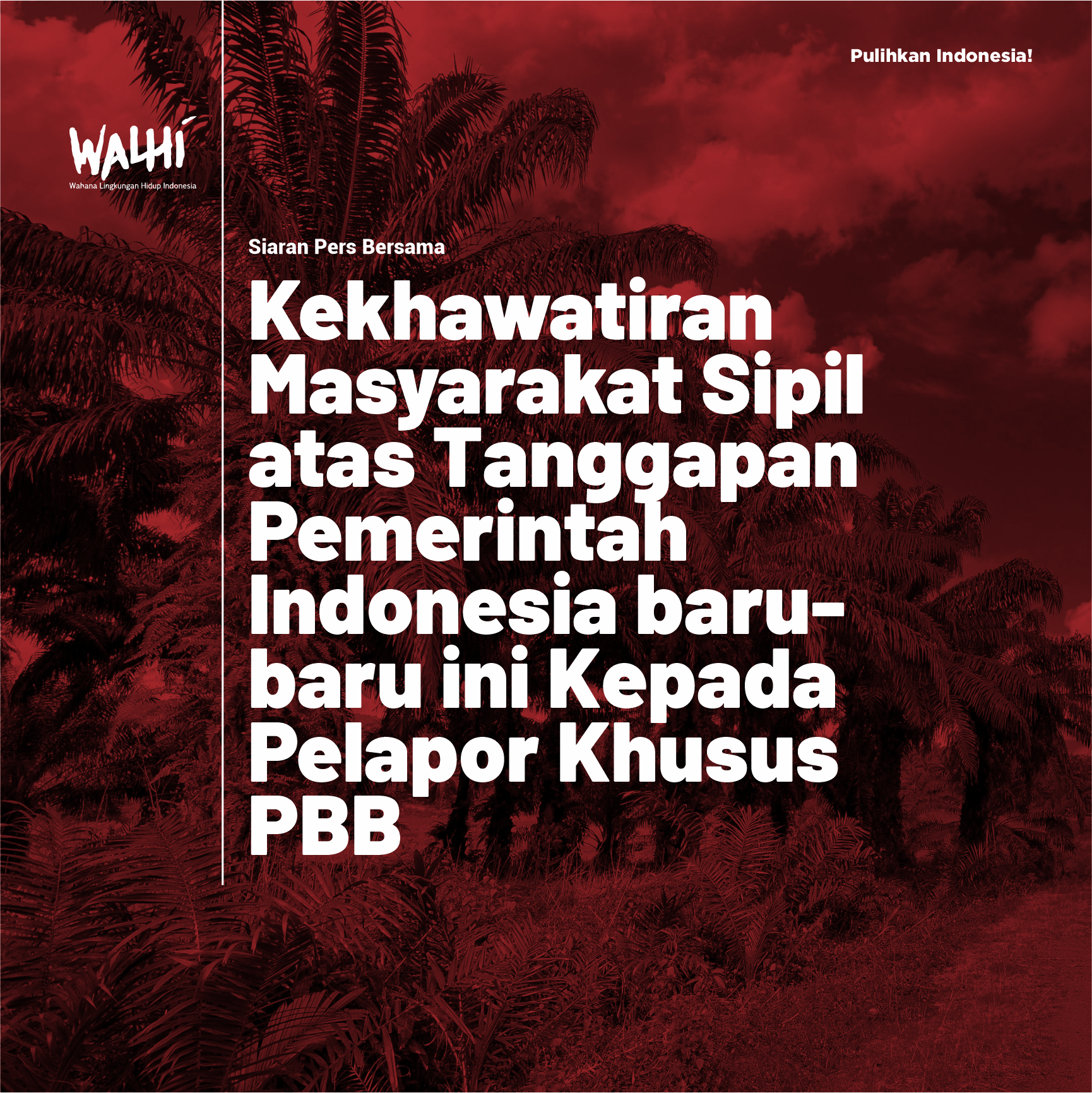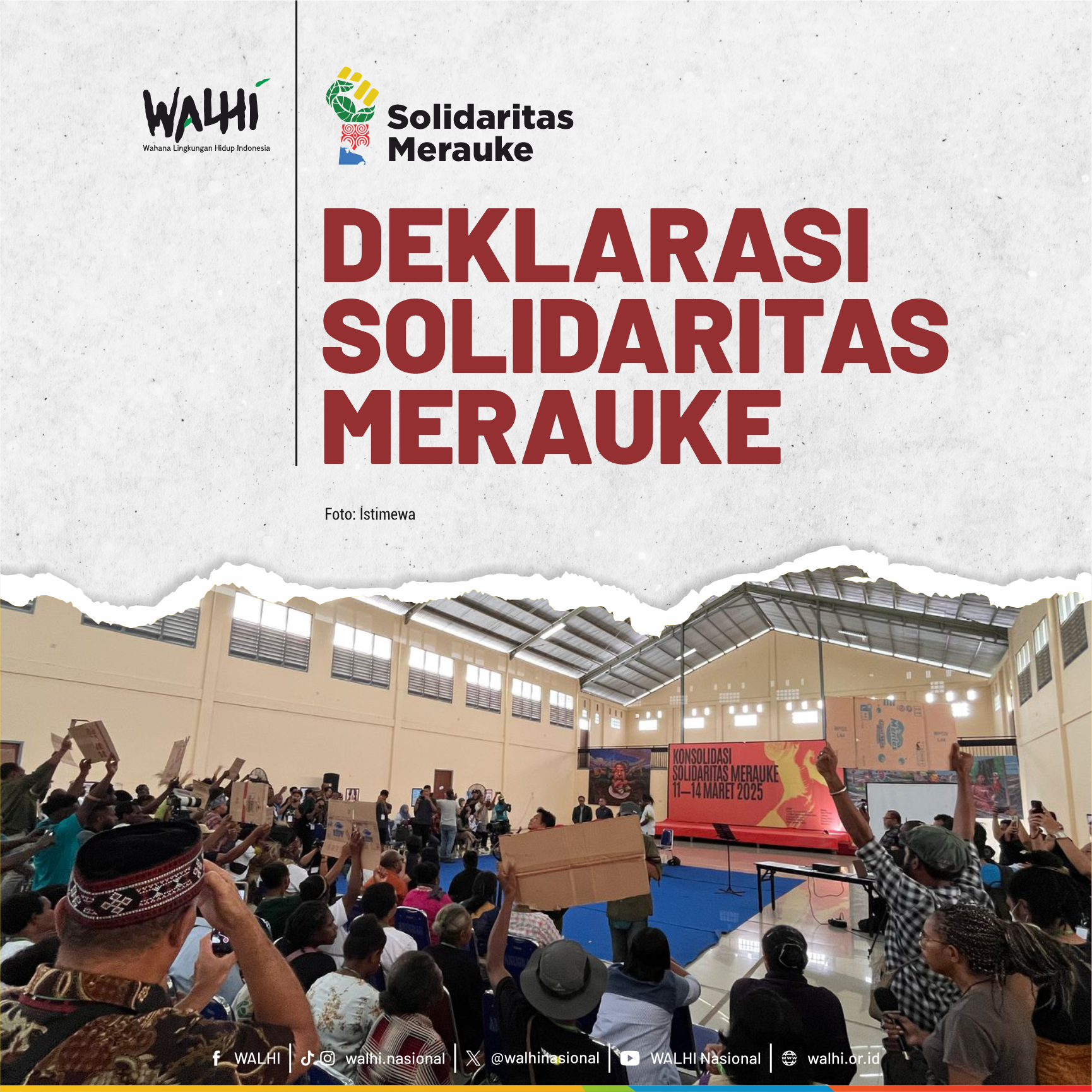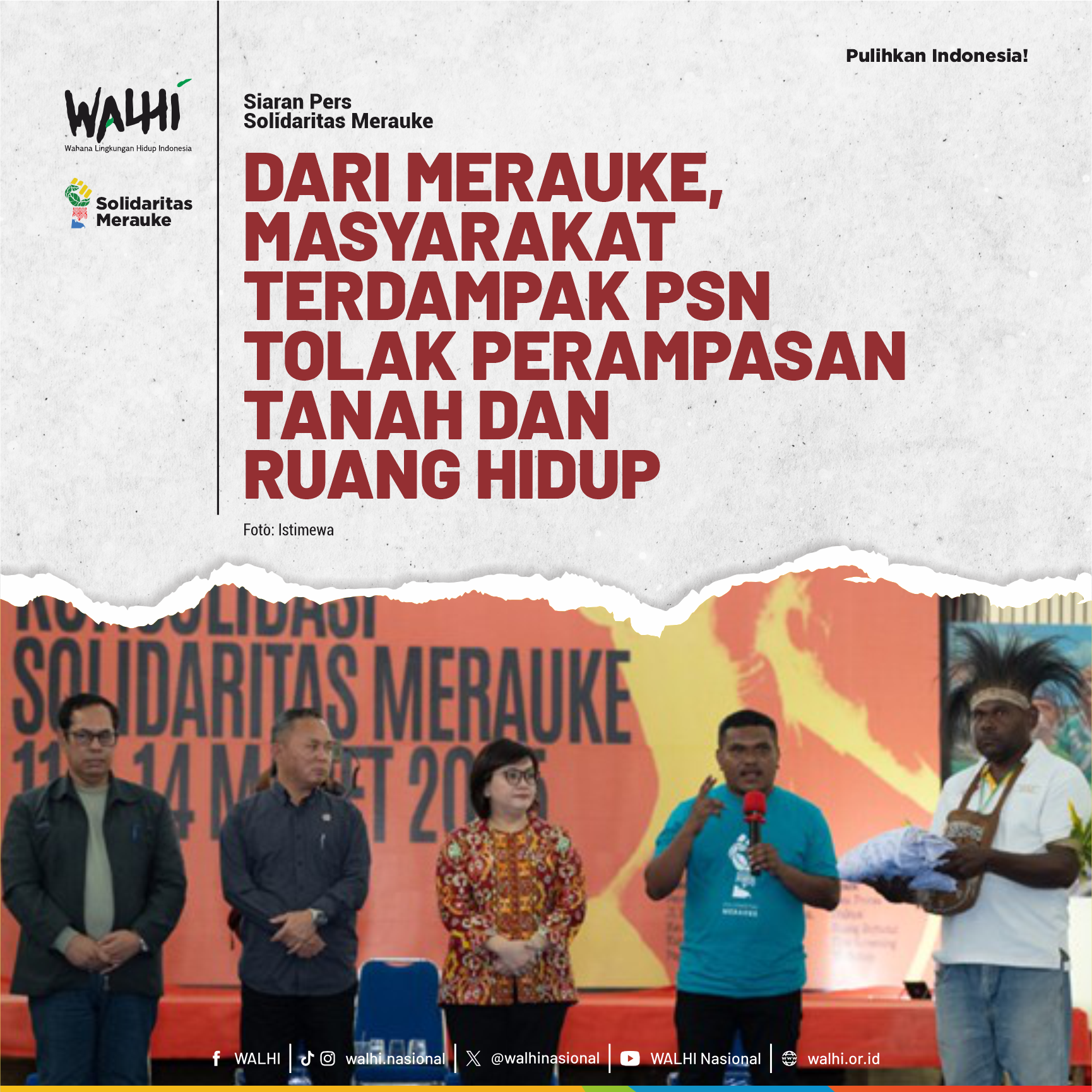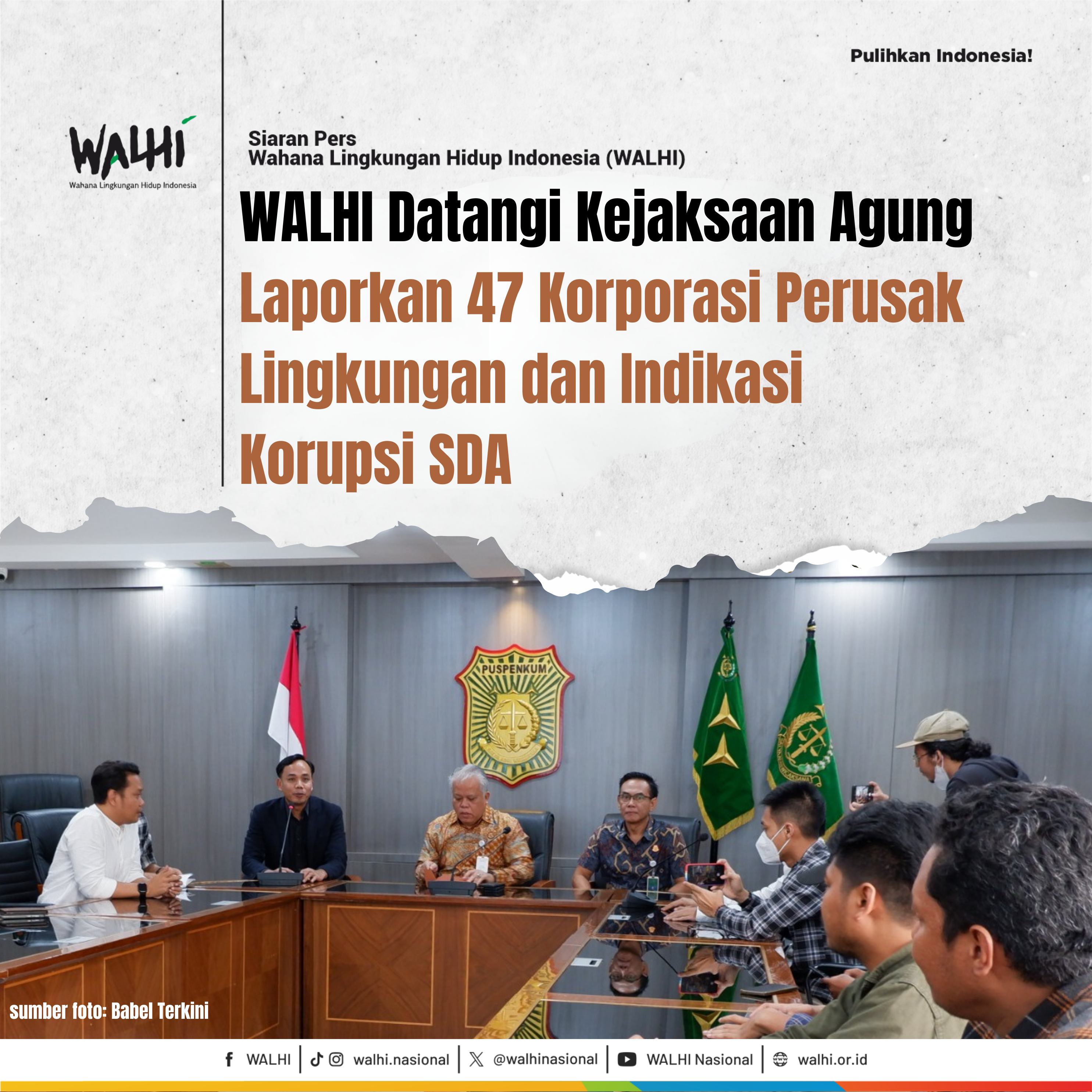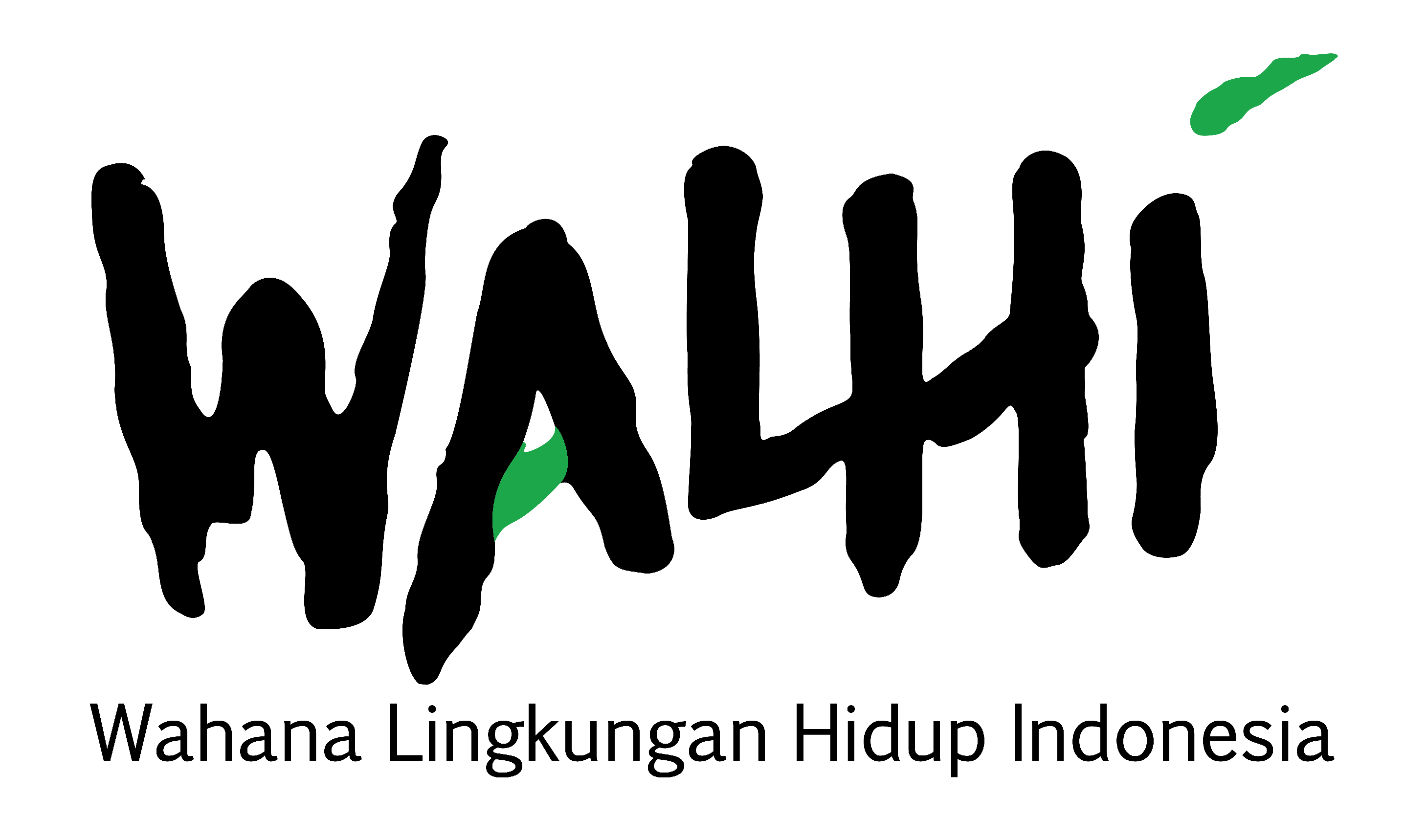This is an urgent call by 316 civil society organisations from across the Asian and Pacific countries negotiating the Regional Comprehensive Economic Partnership (RCEP), which includes the 10 ASEAN Member States with China, Japan, South Korea, India, Australia and New Zealand. This letter comes at a very important political moment, when in the aftermath of the US elections it seems clear that the Trans-Pacific Partnership Agreement (TPP) will not be ratified by the USA, in spite of its big push since February 2016 when the agreement was signed by the 12 countries. It is clear that the TPP has been soundly rejected by the American people and there has also been widespread opposition to it in other TPP countries on both sides of the Pacific. According to the TPP text, if the US does not ratify it, the TPP cannot come into force. The current negotiations in RCEP are complicated by the fact that there are 6 countries which are part of the TPP and there have been many attempts to import TPP texts into RCEP and sometimes even an attempt to go beyond the TPP. A few examples below bear testimony to how TPP wording is being proposed in RCEP.
- In the investment chapter, apart from a few safeguards, all the TPP’s substantive and main investor-to-state dispute settlement (ISDS) provisions have been proposed in the leaked RCEP investment chapter.
- In services, for example, all the substantive TPP telecommunications chapter rules have been proposed in RCEP according to the leaked RCEP text.
- In RCEP’s leaked draft e-commerce terms of reference, all the TPP ecommerce chapter rules appear to be proposed and all the RCEP ecommerce ideas appear to come from the TPP, therefore proposing an exact match of the texts
- In the leaked RCEP intellectual property (IP) chapter, Japan, South Korea and some others are pushing many of the main substantive stronger IP provisions of the TPP
With the demise of the TPP, there is no justification for adhering to the TPP texts in RCEP because these have no mandate. This is even more irrational in the absence of the TPP as Asian countries (including least developed countries (LDCs)) would end up carrying the load that other rich countries in the TPP (US, Canada) will not have to bear any more. The RCEP texts which have leaked so far have many fundamental problems that will negatively impact all sectors of society in RCEP countries. [1] We call upon the governments participating in the RCEP, to recognize this critical moment and not to bring the toxic content of the TPP into the RCEP and instead to stop the RCEP negotiations. We urge you to revisit the trade relations between the 16 countries. A new model must be based on cooperation and not competition, one that puts the development needs of the region above that of corporations, and puts people and the environment at its centre, that recognizes economic policy can work only if it is inclusive, not only in terms of the impact on different constituencies but also if it integrates the social and environmental concerns of the world. Full list of organisations http://igj.or.id/civil-


